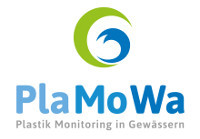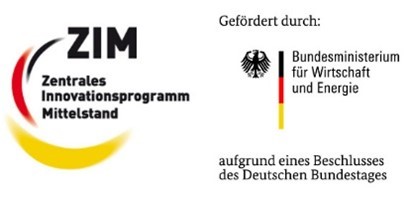Microplastic


The pollution of the world's oceans with plastic waste has been intensively documented in recent years. Large quantities of plastic particles have already accumulated in the sediment and pelagic of the oceans and are taken up by many organisms. As a result, they accumulate in the food web and thus pose a danger to humans and the environment. In contrast, there are only a few studies on plastic pollution in limnic and terrestrial ecosystems. Here, there is still a great need for research on the input and the potential endangerment of these ecosystems by plastic particles.
The long-standing expertise of the Chair of Animal Ecology I in the field of microplastics ranges from the quantification and identification of microplastics from environmental samples of aquatic and terrestrial systems to method development and ecotoxicological studies. We are involved in numerous projects on the investigation of microplastics in different environmental media at national and international levels.
Ongoing Microplastic Projects
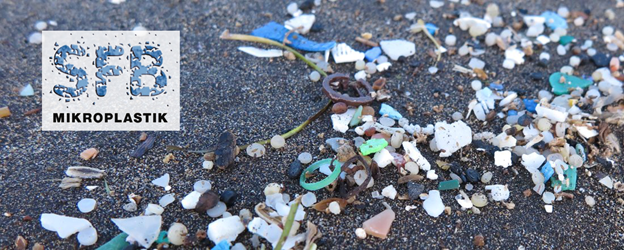
Collaborative Research Centre 1357 Microplastics
Understanding the mechanisms and processes of biological effects, transport and formation: from model to complex systems as a basis for new approaches to solutions
Speaker: Prof. Dr. Christian Laforsch
Website CRC 1357 Microplastic
Further Projects:
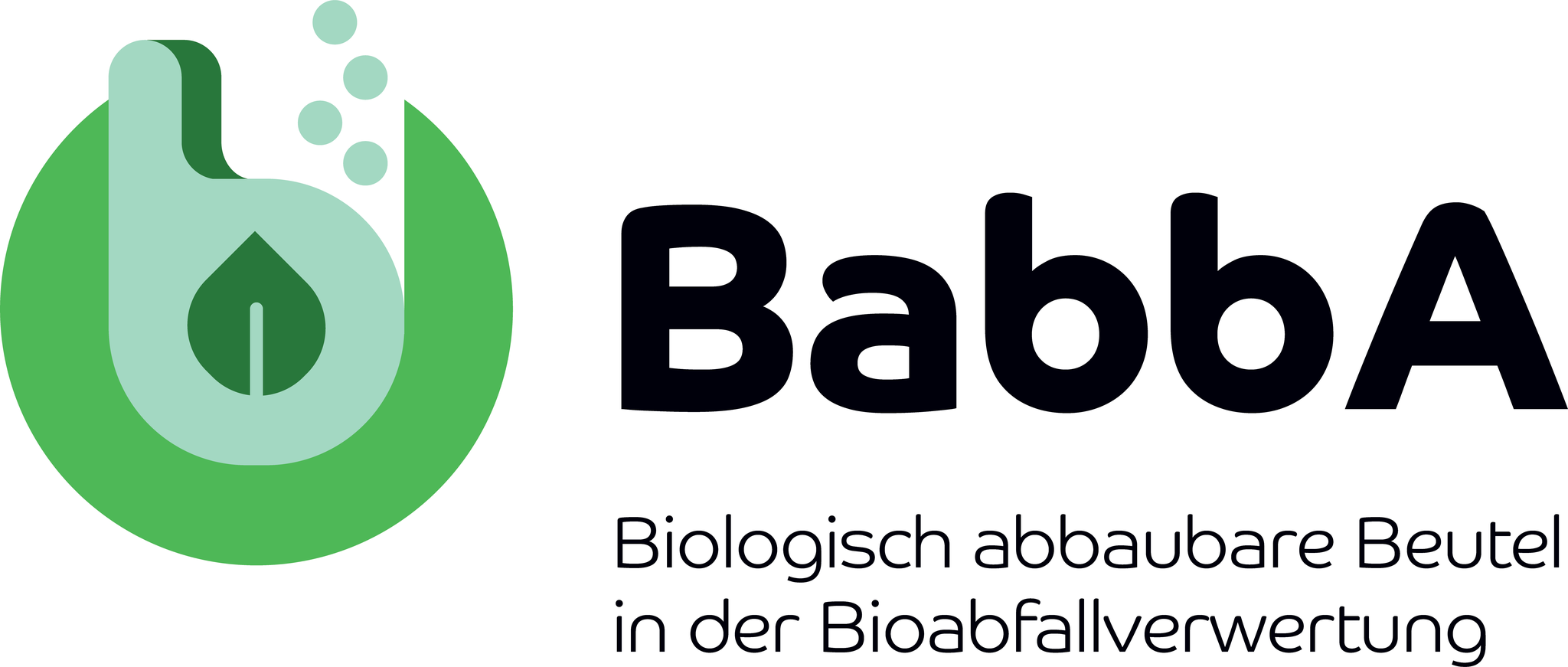 |
Babba - Whether biodegradable bio-waste bags are really completely degraded during composting in the real technical recycling plants during the treatment time usual there has not yet been sufficiently investigated. That is why the Ministry of the Environment of Baden-Württemberg has launched the research project BabbA - Biodegradable bags in biowaste recycling: potential to displace conventional plastic bags, degradation in the plant, environmental relevance. BabbA investigates whether various biodegradable bio-waste bags are actually completely degradable in the bio-waste recycling plants, and checks whether and in what quantity remnants of the bags can be detected as microplastics in the compost. |
 |
PAPILLONS Plastic in Agricultural Production: Impacts, Lifecycles and LONg-term Sustainability gefördert durch: European Union’s Horizon 2020 Research and Innovation programme (2021) |
 |
PlasticsFate - Plastics Fate and Effects in the Human Body gefördert durch: European Union’s Horizon 2020 Research and Innovation programme (2021) |
| EcoGlob - Ecosystems under Global Change collaboration with: FAU Würzburg gefördert durch: Bayrisches Staatsministerium für Wissenschaft und Kunst, Förderprogramm Exzellenzverbünde und Universitätskooperationen (EVUK, 2021) |
|
| microplasticATfood gefördert durch: BMWi - Förderung der Industriellen Gemeinschaftsforschung (IGF, 2021) |
|
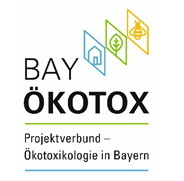 |
Ökotoxikologische Effekte von Feinstaubpartikeln aus motorischen Verbrennungsprozessen auf Insekten gefördert durch: Bayer. Landesamt für Umwelt (2020) |
| Hauptklärwerk Mühlhausen (2021) | Studie Mikroplastikreduzierung in der Kläranlage |
| KIT (2020) | BabbA - Biologisch abbaubare Beutel in der Bioabfallverwertung: Potential zur Verdrängung konventioneller Plastikbeutel, Abbau in der Anlage, UmweltrelevanzKIT |
 |
LimnoPlast - Micropastics in Europe’s freshwater ecosystems: From sources to solutions gefördert durch: EU-Forschungsprogramm HORIZON 2020 (2019) |
|
|
Mitglied im Netzwerk für Plastik-Monitoring in Gewässern
|
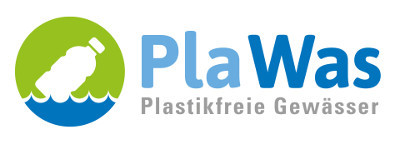 |
Mitglied im Netzwerk PlaWas - für plastikreie Gewässer |
| Le Gouvernement du Grand-Duché de Luxembourg (2020) | Orientierende Untersuchungen zur Mikroplastikkontamination in Fließgewässern Luxembourgs |
| DFG (2020) | Forschungsgroßgerät Hochauflösendes REM |
Abgeschlossene Mikroplastik Projekte
 |
Mikroplastikkontamination im Modellsystem Weser - Nationalpark Wattenmeer - ein ökosystem-übergreifender Ansatz. Koordinator: Prof. Dr. Christian Laforsch Laufzeit: 01.09.2017 - 31.08.2020 https://www.bayceer.uni-bayreuth.de/PLAWES/ |
| Projektträger Karlsruhe KIT (2018) | MiKoBo Mikrokunststoffe in Komposten und Gärprodukten aus Bioabfallverwertungsanlagen und deren Eintrag in Böden Laufzeit: 01.04.2018 - 31.03.2021 |
| BMWi (2017), Zentrales Innovationsprogramm Mittelstand (ZIM) | ZIM-Netzwerk PlaMowa, automatisierte Ramanspektroskopie zur Mikroplastikdetektion |
| BMWi (2017), Zentrales Innovationsprogramm Mittelstand (ZIM) | ZIM-Netzwerk PlaMowa, Filterkaskade |
| LANUV (2016) | Folgeprojekt zur Belastung von exemplarisch gewählten Fließgewässern in Nordrhein-Westfalen mit Kunststoffen. |
| Oberfrankenstiftung (2016) | Automatisiertes Verfahren zur Analyse der Kontamination von Süßgewässern mit Mikroplastikpartikeln und Anwendung am Ökosystem Main |
| BMBF (2015) | JPI-O Microplastic - BASEMAN: Leitlinien und Standards für die einheitliche Analyse von Mikroplastik in europäischen Gewässern |
| LANUV (2015) | Belastung von exemplarisch gewählten Fließgewässern in Nordrhein-Westfalen mit Kunststoffen. |
| LUBW (2015) | Orientierende Untersuchung ausgewählter Fließgewässer in Baden-Württemberg auf Mikroplastik. |
| HLUG/LUWG-RPf (2015) | Orientierende Untersuchung ausgewählter Fließgewässer in Hessen und Rheinland-Pfalz auf Mikroplastik. |
| BayStMUV (2014) | Eintragspfade und Kontamination bayerischer Oberflächengewässer mit Mikroplastik und mögliche Auswirkungen auf die Biota. |
| Leibniz Gemeinschaft (2014) | MikrOMIK - Die Rolle von Mikroplastik als Träger mikrobieller Populationen in der Ostsee. |
| BMWi (2013) | Belastung aquatischer Ökosysteme mit Kunststoffmüll: Globales und lokales Monitoring mittels Satelliten-gestützter Methoden. |
| DFG (2012) | Kunststoffpartikel in limnischen Ökosystemen |

